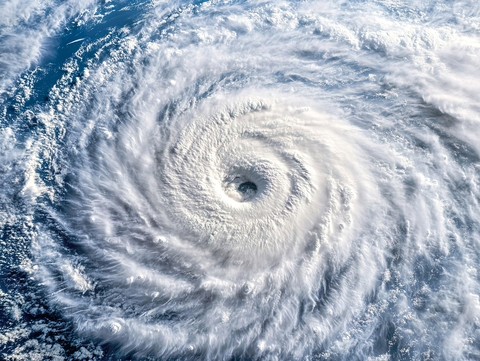
Last week, Hurricane Milton, a powerful and unpredictable storm, wreaked havoc in multiple regions, causing widespread damage and disruption. As the Southeast continues to recover from Hurricane Helene, the arrival of this storm has sent ripples through the already fragile supply chain. From production facilities to shipping routes, businesses and consumers alike are feeling the strain.
Hurricane Milton made landfall, bringing with it high winds, torrential rain, and catastrophic flooding. While the storm primarily affected coastal regions, its impact extended well beyond its immediate vicinity. Ports, railways, and highways were severely impacted, leading to delays in the movement of goods.
Several major ports in the Gulf of Mexico, including Houston, New Orleans, and Tampa, faced closures or limited operations in the storm’s wake. These ports handle a significant portion of the U.S.’s imports and exports, and their inaccessibility has created a bottleneck for goods coming in and out of the region. Shipping lines, already burdened by congestion, are now faced with the added challenge of rerouting vessels or waiting for the ports to reopen.
The full economic impact of Hurricane Milton is still unfolding, but its effects are already being felt across industries. While businesses and governments work to repair infrastructure and restore operations, the global supply chain is likely to remain fragile for some time. There is growing recognition that natural disasters, intensified by climate change, are an increasingly common and significant threat to global trade.
The recent devastation caused by Hurricane Milton has not only disrupted global supply chains but also highlighted the critical role of technology in responding to natural disasters. As businesses and governments scramble to assess damage, reroute shipments, and restore operations, one technology has emerged as a lifeline for emergency response efforts: Emergency SOS via Satellite. In case of an emergency where cellular service is down, such as during a hurricane or natural disaster, iPhone and Android devices equipped with satellite capabilities can still help you reach emergency responders or contact loved ones. The ACD has a natural disaster resource page that provides information on the use of satellite communication. Also setting up emergency contacts and your medical ID on your phone can be essential in a critical situation.
The silver lining is that disruptions like Hurricane Milton are also sparking innovation in the way companies approach risk management, supply chain visibility, and resilience. The hope is that these lessons will pave the way for stronger, more adaptable systems that can weather not only the storms of today but the unpredictable
